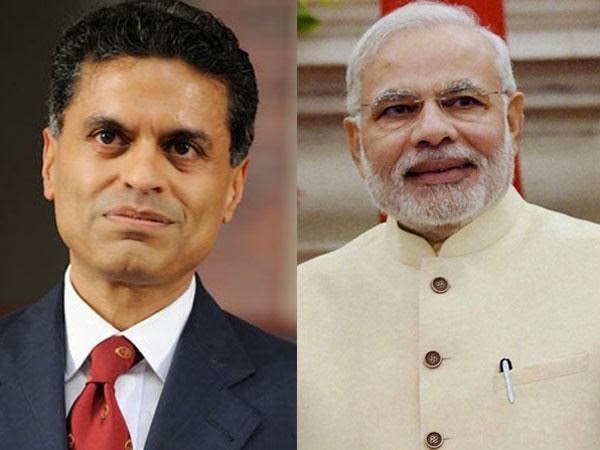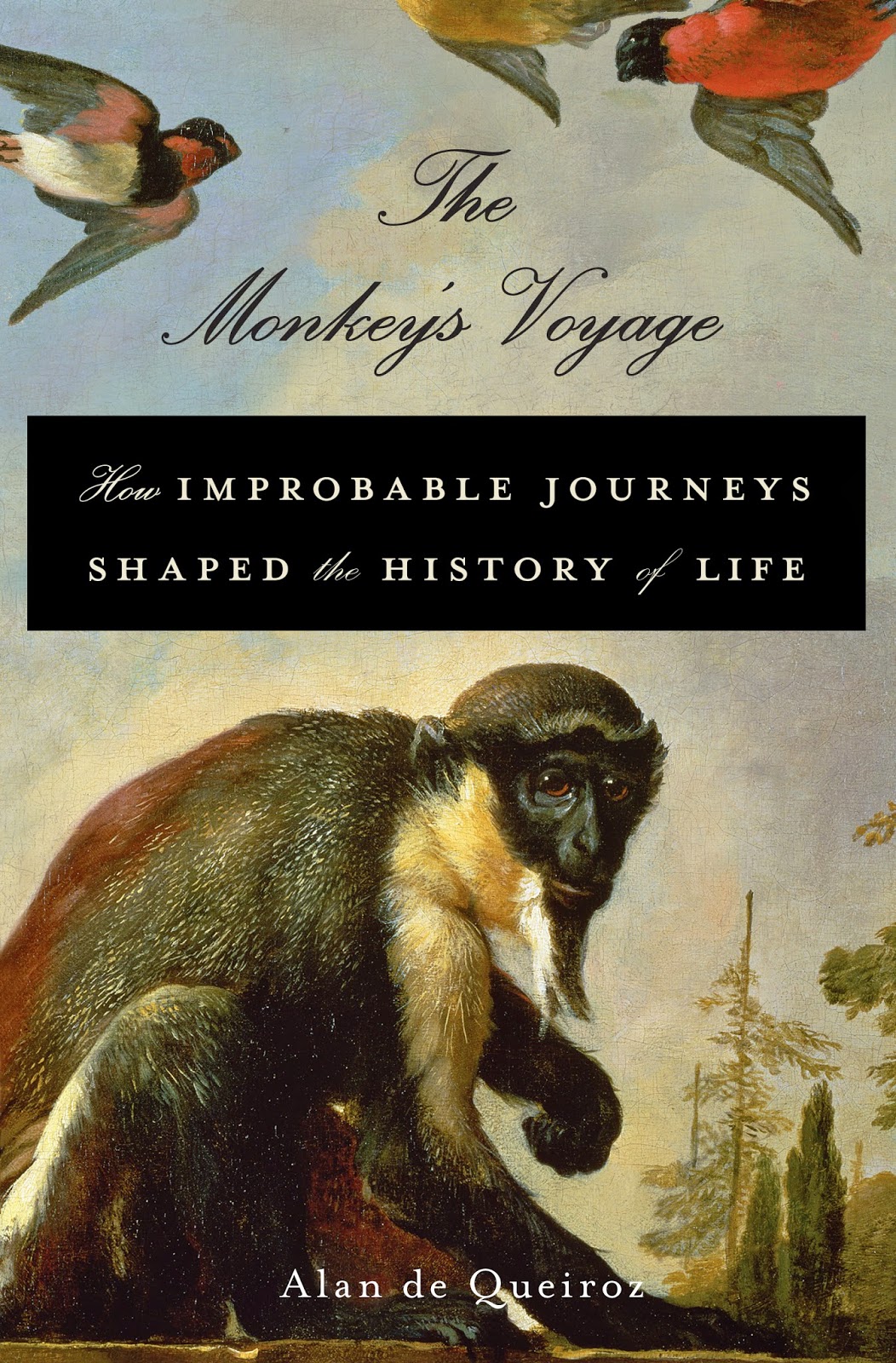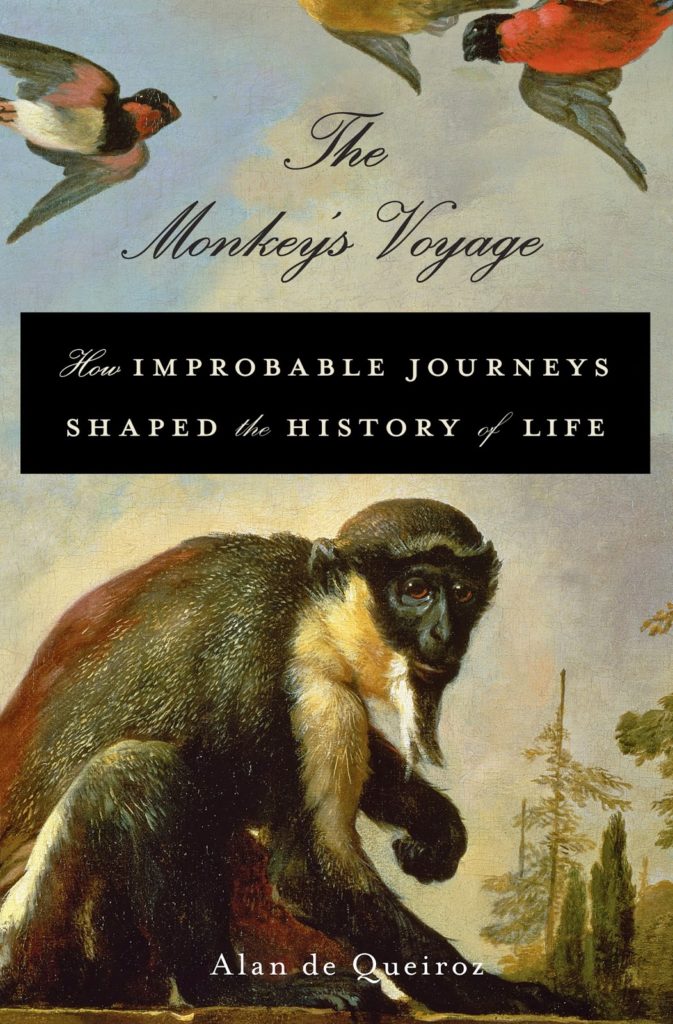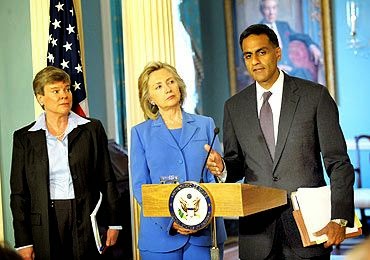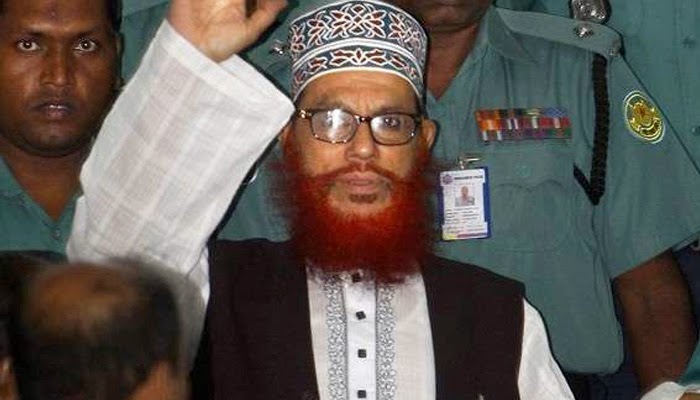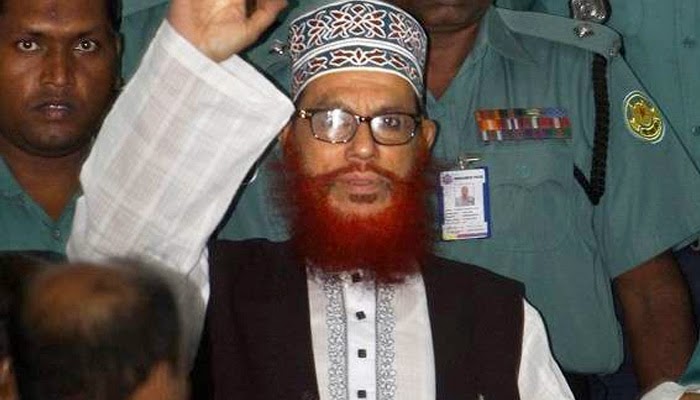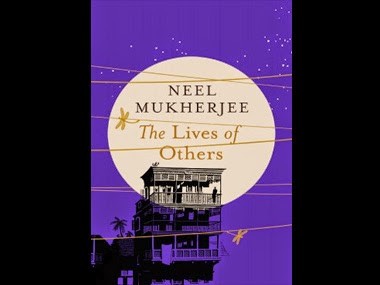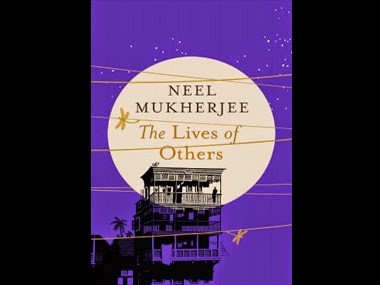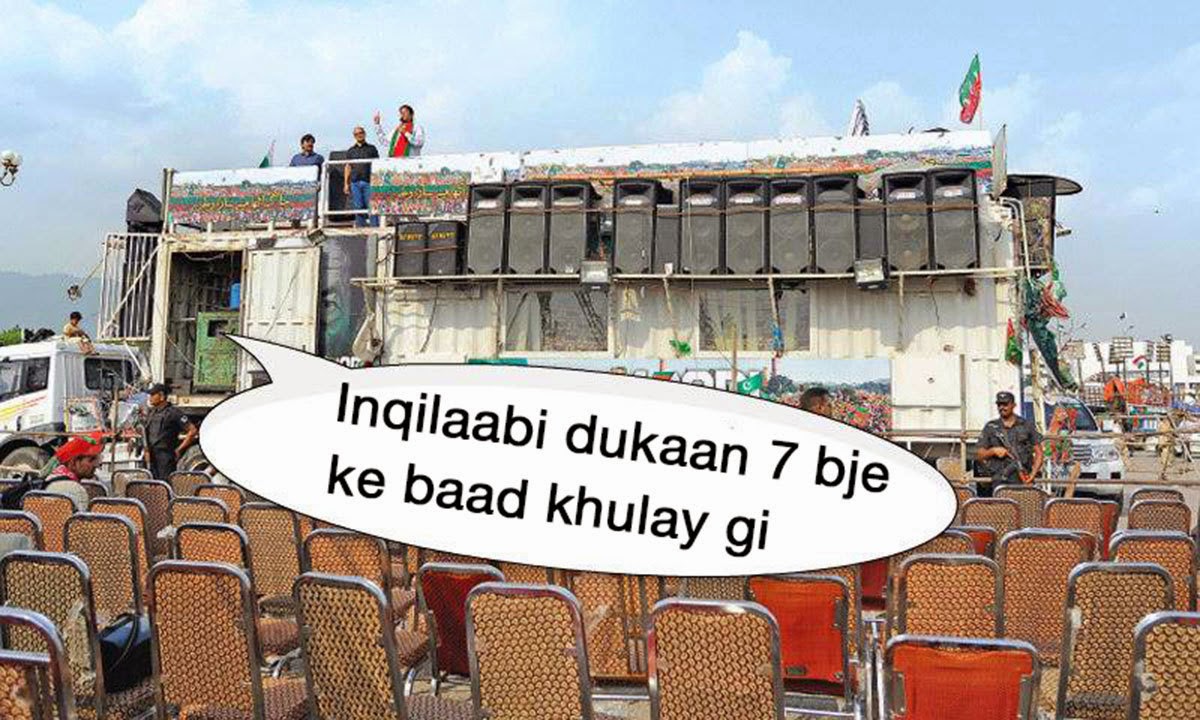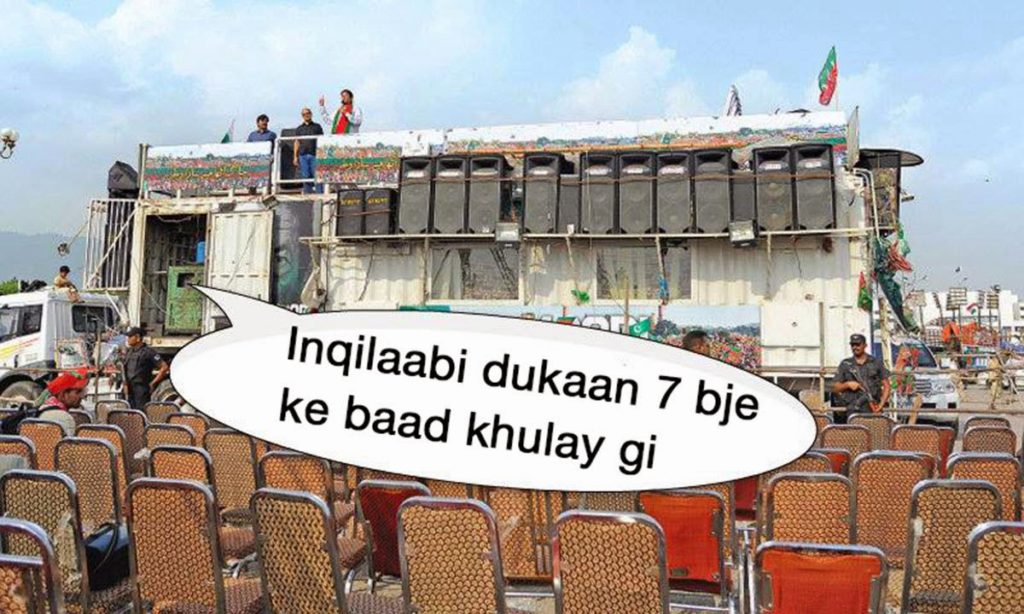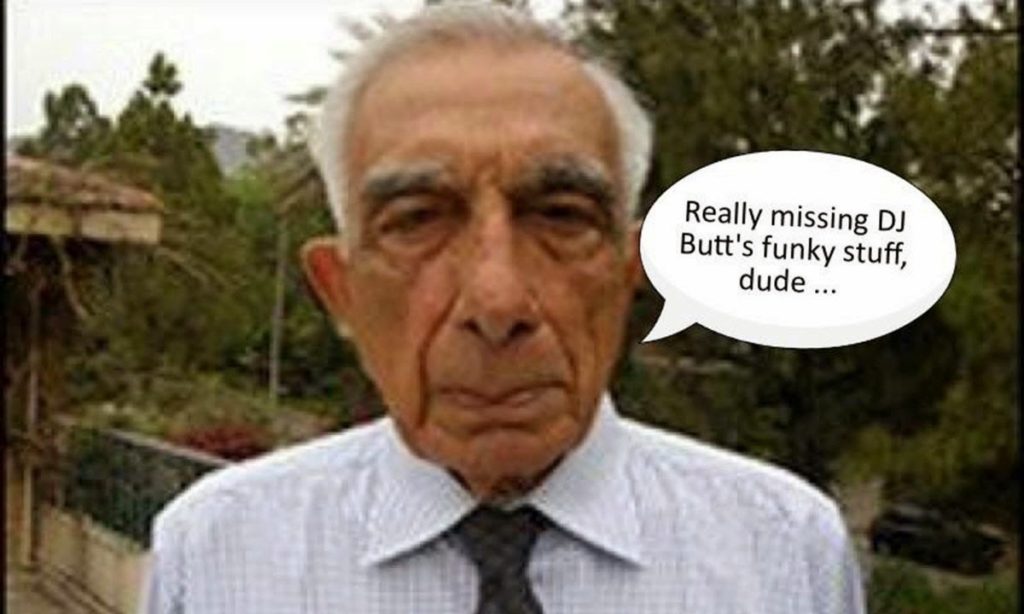Even if we are a bit too cynical and feel that (a) the appeal for
Alan Henning by British Imams and muslim organizations is an exercise in public relations (not in my name etc.) and that (b) the Caliphate folks are unlikely to listen to anyone (heck, even Al Qaeda has requested them to let the hostages go free),
the important point still remains that a man is (maybe) alive now, he will certainly be dead later. If it really helped we would recommend sorcery and magic (not really).
….
It is a terrible time for his family as they live in zero hope from day to day. Our sympathies would be meaningless, so the best we can do is watch and wait in silence.
……………
Henning,
a taxi driver, was kidnapped within 30 minutes of crossing from Turkey
into Syria. He had volunteered to drive an ambulance full of medical aid
as part of a community-funded charity trip organised by volunteers from
Bolton, England, and the UK Arab Society.
It is believed he was abducted by the Islamic State (IS) in Al Dana, a town 38km from Aleppo.
Reports suggest he was separated from Muslim counterparts by masked
men. Friends who traveled with him said they made desperate attempts to
get him freed before returning to the UK.
Video footage of Henning, filmed before he was captured in Syria, has shown him describing his trips to the country. He said: “It’s all worthwhile when you see what is needed, as you get where it needs to go. That makes it all worthwhile.”
Henning had appeared at the end of the video released on Saturday in which Haines was beheaded by IS.
……………..
Letter by British Imams and Muslim Leaders appealing for release of Alan Henning
We,
the undersigned British Muslim Imams, organisations and individuals,
wish to express our horror and revulsion at the senseless murder of
David Haines and the threat to the life of our fellow British citizen,
Alan Henning.
…
Mr Henning was a volunteer who travelled to Syria to help innocent civilians. Acts
of humanitarianism are an essential element of religious practice for
all Muslims, and of course they are just as significant to other people
too. Islamic teachings call for charity and selflessness. …
…
Most
importantly, acts of beneficence do not, and cannot, exclude
non-Muslims. In Islam, concern for fellow humans and the
duty to help everyone is a religious obligation. Anyone undertaking a
humanitarian act is paving his or her way to receive help from heaven,
should be commended and held in the highest esteem.
….
In
contrast, the senseless kidnapping, murder and now the despicable
threats to Mr Henning at the hands of so-called ‘Muslims’ cannot be
justified anywhere in the Quran and the Sunnah (Prophetic traditions).
….
The
un-Islamic fanatics are not acting as Muslims, but as the Prime
Minister has said, they are acting as monsters. They are perpetrating
the worst crimes against humanity. This is not Jihad – it is a war
against all humanity.
…
The Holy Quran says that: “Whosoever
kills a human being… it is as if killing the entire human race; and
whosoever saves a life, saves the entire human race.” We
plead with those holding Alan Henning to see the errors of their ways.
To embrace the word of the Quran and accept that what they are now doing
constitutes the worst condemnable sin.
….
We appeal to them
to release Mr Henning immediately. The Quran states that “repentance is
not accepted from those who continue to do evil deeds.” In
the name of the Almighty All Merciful God, we beseech Mr Henning’s
kidnappers with the words of our Prophet Muhammad – “Show mercy to those
on earth, the One in the Heavens will have mercy on you.
….
British
Muslim communities have done a great deal to speak out over the evils
of terrorism over many years. We will continue to do everything within
our power to prevent any other young man or woman getting caught up in
this poisonous ideology.
……….
Sheikh Arif Abdulhussain, Director, Al-Mahdi Institute, Birmingham, @AMIOutreach
Imam Khalid Hussain Abdullah, Lecturer and Imam, KQZ Institute & Masjid Tajdar Madina, Nottingham & Leicester
Mohammed Afzal, Councillor, Birmingham
Mufti Fazal Ahmad, Chief imam, Central Mosque, Derby
Dr Husna Ahmad OBE, CEO, Global One, London
Akeela Ahmed, London
Sughra Ahmed, President, Islamic Society of Britain
Usma Ahmed, Councillor, Birmingham
Muddassar Ahmed, Patron, Faiths Forum for London
Shakil Ahmed, Principal, Ayesha Community School, London, @_ACE_School
Dr Khurshid Ahmed CBE, CEO, Bahu Trust, Birmingham
Maqsood Ahmed OBE, Director of Community Welfare& Development, Muslim Hands, @maqsoodajmedobe
Rushanara Ali, MP for Tower Hamlets
Hafiz Javed Akhtar, Imam, Central Mosque, Manchester
Salah Yusuf Al-Ansari, Imam, Palmers Green Mosque, London
Sheikh Mohammed Al-Hilli, Imam, Noor Trust, London
Abubakar Ali, Chairman, Somali Bravanese Welfare Association, London
Asif Ali, Imam / Head Teacher, Karimia Institute, Nottingham
Azhar Ali, County Councillor and Cabinet Member for Health & Wellbeing, Lancashire County Council, @azhar4pendle
Nawaz Ali, Councillor, Birmingham
Mahmoud Ali, General Secretary, Hosseinieh Foundation, Bristol, @HosseiniehSahibzada
Mufti Akhtar Ali, Chief Imam, Sheffield
Haider Alkhateeb, Manager, Centre for Islamic Shia Studies (CISS), London, @halkhateeb25
Kerrar Al-Khayat, Trustee and Vice Chairman, My Voice Project, London, @Kerrar_
Sayed Yousif Al-Khoei, Director, Public Affairs, Al-Khoei Foundation, London
Haytham Ali Alsahlani, Imam, London
Abu Sayeed Ameer, Dawatul Islam uk & Eire, Dawatul Islam uk & Eire London
Mohammed
Ali Amla, Vice Chair of Preston Faith Forum, Founder of Global Village,
Founder of Christian Muslim Encounters, @mohammedaliamla
Anjum Anwar MBE, Dialogue Development Officer, Blackburn Cathedral, @AuntyG
Dr Qari Muhammad Asim, Senior Imam, Makkah Mosque, Leeds, @QariAsim
Maulana Dr Ather HussainAzhari, Imam, Birmingham
Mufti Mohammad Yousuf Azhari, Imam, Leicestershire
Mohammed Azim, Councillor, Birmingham
Maulana QamaruzzamanAzmi, Secretary General, World Islamic Mission, Manchester
Kalsoom Bashir, Co-Director, Inspire
Yahya Birt, Executive Committee, Public Policy and Community Debate, City Circle, London, @ybirt
Dr Mamadou Bocoum, Director, Interfaith Through The Arts (ITTA), London
Maulana Syed Fida Bokhari, Imam, Manchester
Imam Tayeb Mustapha Cham, Chairman, Tayba Foundation
Makhdoom Ahmad Chishti, Chairperson, Social Unity Foundation of Innovation Trust, Birmingham
Maulana Hafeezurrahman Chishti, Imam, Leicester
Irfan Chishti MBE, Imam, Light of Islam Academy, Rochdale @ichishtiM
Aslam Choudry, Elected Councillor for Dudden Hill Ward, Brent Council, London
Gulamraza Datoo, Vice President, KSIMC of Birmingham, Birmingham
Sheikh Fazle Abbas Datoo, Imam /Resident Alim, Wessex Shia Ithna Asheri Jamaat, Portsmouth
Shaykh Muhammad Amin Evans, Imam
Mustafa Field, Director, Faiths Forum for London, @mustafafield
Rabiha Hannan, New Horizons in British Islam
Hifsa Haroon-Iqbal MBE DL, Chair, Chase Against Crimes of Hate, Stafford, @hhi1
Dr Mohamed Adam Hassan, Chairman, Somali Youth Forum, London, @Hafiz
Moulana Shamsul Hoque, Chairman, Council of Mosques – Tower Hamlets, London
Mahmood Hussain, Councillor and Former Lord Mayor of Birmingham
Dilwar Hussain, New Horizons in British Islam, @DilwarH
Rizwan Hussain, Chief Executive, Jawaab, London, @JawaabUK
AKIpaye, Director, Dairatul-Amni, London
Zafar Iqbal, Councillor, Birmingham
Mohammed Iqbal, Councillor, Leader of the Labour Group, Pendle Borough Council, Lancashire
Ali Jaffri, Trustee, Idara-e-Jaaferiya, Mosque and Community Centre, London, @mralijaffri
Dr Husein Jiwa, President, The Council of European Jamaats, London, @CoEJ
Belgacem Kahlalech, Director, WAMY UK, London
Mohammedraza Kanji, Secretary, Wessex Jamaaat, Al Mahdi Centre, Fareham
Dr Majid Katme, Ex-President, Islamic Medical Association/UK, London
Nagina Kauser, Councillor, Birmingham
Zahra Kazmi, Co-Founder, Save Muslim Heritage, High Wycombe, Buckinghamshire
Changese Khan, Councillor, London
Mariam Khan, Councillor, Birmingham
Hamzah Khan, Manager, Al-Mustafa Trust, Bradford, @almustafacentre
Mohammed Khan, Chair, Council of Bristol Mosque, Bristol
Sara Khan, Co-Director, Inspire
Sadiq Khan, Shadow Justice Sectretary
M Afzal Khan CBE, MEP, Manchester, @akhanmep
Imam Tahir Mahmood Kiani, Lecturer, Birmingham, @tmkiani
Farzana Kosar, General Secretary, Centre for Spirituality & Cultural Advancement, Feltham, @csca_uk
Riyaz Laher, Chair, FMO Leicestershire, Leicester, @FMO_Leics
Maualana Safraz Madni, Imam and Chairman, Mosques & Imams National Advisory Board, Birmingham
Majid Mahmood, Councillor, Birmingham
Khalid Mahmood
Shabana Mahmood, MP, Birmingham
Mufti Helal Mahmood, Coordinator, Oldham Mosques Council, Oldham
Imran Malik, General Secretary, Blackheath Jamia Mosque Trust, Blackheath
Shaz Manir, CEO, Amirah foundation, Birmingham, @directoramirah
Salim Mbaruk, Chair, Bilal Education, London
Dr Asghar Moledina, President, The World Federation of KSIMC, London, @wfksimc
Ghulam Moyhuddin, Head Imam, Ashton Central Mosque, Ashton
Fiyaz Mughal, Director, Faith Matters and the TELL MAMA anti-Muslim Monitoring Project, London
Zubaiar Muhammadi, Afghan Isamic Culture Centre
Gul Muhammed, Imam and Senior lecturer, Jamia al Karam, Retford
Maulana Farooq Mulla, Imam, Leicester
Aamer Naeem, Editor in Chief, British Muslim TV, Yorkshire
Suleman Nagdi MBE, Public Relations Officer, Federation of Muslim Organisations, @fmo_leics
Maulana Syed AbbasNaqvi, Imam
Maulana Syed Najm ul HasanNaqvi, Imam, Manchester
Ifath Nawaz, FFL Council Member, Faiths Forum for London
Maulana Farogul Qaadri, Imam, Glasgow
Maulana Farogh Ahmed Qadri, Imam, Glasgow
Qazi Abdul Latif Qadri, Chief Imam, Central Aylesbuy, Aylesbury
Ali Qureshi, Secretary General, Union of Muslim Organisations UK&EIRE
Murad Qureshi, London Assembly Member
Yasmin Qureshi, MP for Bolton South East
Fazal Rahim, Coordinator, Oldham Interfaith Forum, Oldham
Ayub Rashid, Imam and Chaplain, Muslim Community of Essex
Syed Ali Abbas Razawi, Imam and International Speaker, Majlis Ulema-e-Shia, London
Maulana Shahid Raza, founder trustee of the British Muslim Forum, and Senior Imam, Leicester Central Mosque, Leicester
Maha Rida, Social Affairs officer, Al-Kawther, Al-Kawther, London
Ali Raza Rizvi, President, Majlis Ulama-e-Shia, London
Allama Pir Syed Zahid Hussain Shah Rizvi, Jamia Mosque, Birmingham
Maulana Syed Hassan Abbas Rizvi, Imam & Finance Officer, Majlis Ulema-e-Shia, London
Asif Sadiq, President, National Association of Muslim Police, @asifsadiq
Raheed Salam, All Faiths and None, London, @raheedsalam
Mufti Ghulam Sarwar, Senior Imam, Hanfia Mosque and Educational Institute, Huddersfield
Mufti Imran Sarwar, Secretary, Kirklees Imams & Mosques Advisory Board (KIMAB), Kirklees
Dr. Shuja Shafi, Secretary General, Muslim Council of Britain
Mohammed Shafiq, Chief executive, Ramadhan Foundation, @mshafiquk
Cllr Chauhdry Shafique MBE, Chairman, Council for Christian Muslim Relations, High Wycombe, Bucks
Amjad Shah, General Secretary, Idaara Maarif-e-Islam, Birmingham
Shafique Shah, Lord Mayor of Birmingham, Birmingham
Maulana Syed Sultan Shah, Imam, Leicester
Ismael Lea South, Director, The Salam Project, London & Manchester, @thesalamproject
Amir Taki, Director & Executive Producer, Ahlulbayt TV, London, @AmirTaki
Sh Talat, Board of trustee, MCEC, London
Imam Ghulam Rasool Tipton, Principal, Hazrat Sultan Bahu Trust Sandwell & executive member of MINAB, Sandwell, @grashgr
Waseem Zaffar, Councillor, Birmingham
Allama Hafiz Muhammad Sadiq Zia, Jamaia Masjid, Birmingham
Maulana Dr Mohammad Rashid Zia, Imam, London
Maulana Azmat Abbas Zohairi, Imam, Majlis Ulema-e-Shia, Burnley
…………
Link: independent.co.uk/alan-henning-british-muslim-leaders-unite-to-call-on-isis-to-release-hostage
…..
regards
